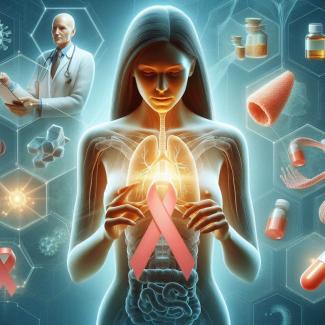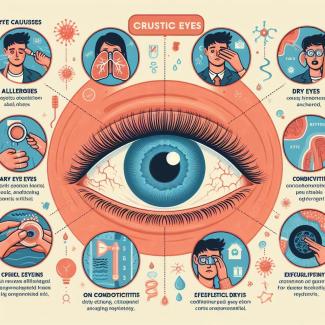
H. pylori (Helicobacter pylori):
What is H. pylori? H. pylori, short for Helicobacter pylori, is a type of bacteria that infects the stomach lining and is a common cause of various stomach and digestive conditions.
Frequently Asked Questions About H. pylori:
- What is H. pylori?
H. pylori is a type of bacteria that infects the stomach lining and can lead to various digestive conditions. - What does H. pylori do in the stomach?
H. pylori can cause stomach inflammation, gastritis, peptic ulcers, and in some cases, it may contribute to stomach cancer. - How is H. pylori transmitted?
The exact mode of transmission is not entirely clear, but it is believed to spread through close personal contact or consumption of contaminated food or water. - What are the common symptoms of H. pylori infection?
Common symptoms include abdominal pain, bloating, nausea, vomiting, and unexplained weight loss. - What are the complications of H. pylori infection?
Complications can include peptic ulcers, increased risk of stomach cancer, and inflammation of the stomach lining (gastritis).
Symptoms: H. pylori infection can cause a range of symptoms, including:
- Abdominal pain, often described as burning or gnawing.
- Bloating and burping.
- Nausea and vomiting.
- Loss of appetite.
- Unexplained weight loss.
Types: H. pylori infection is typically associated with the following conditions:
- Gastritis: Inflammation of the stomach lining.
- Peptic Ulcers: Sores in the lining of the stomach or upper part of the small intestine.
- Stomach Cancer: In some cases, long-term H. pylori infection can increase the risk of stomach cancer.
Causes: H. pylori infection is caused by exposure to the bacteria, often through close personal contact or consumption of contaminated food or water.
Risk Factors: Factors that may increase the risk of H. pylori infection include:
- Living in overcrowded or unsanitary conditions.
- Living with someone who has an H. pylori infection.
- Lack of access to clean water and proper sanitation.
- Using certain medications, such as nonsteroidal anti-inflammatory drugs (NSAIDs), which can increase the risk of ulcers when combined with H. pylori infection.
Diagnosis and Testing: Diagnosis of H. pylori infection can be done through various tests, including:
- Blood Tests: To detect antibodies to H. pylori.
- Breath Tests: To measure carbon dioxide in your breath after ingesting a special solution.
- Stool Tests: To check for H. pylori antigens in the stool.
- Endoscopy: A small camera is inserted through the mouth to view the stomach lining and take a biopsy for testing.
Questions for Your Doctor:
- What tests are recommended to confirm H. pylori infection?
- What are the treatment options available for H. pylori infection?
- Should I be screened for stomach cancer if I have an H. pylori infection?
- What lifestyle changes can I make to prevent reinfection or complications?
Treatment: Treatment for H. pylori infection typically involves a combination of antibiotics and acid-reducing medications. Common antibiotics used include amoxicillin, clarithromycin, and metronidazole. Proton pump inhibitors (PPIs) are often prescribed to reduce stomach acid and aid in the healing process. Treatment can last for one to two weeks.
Outlook: With appropriate treatment, H. pylori infection can usually be cured, and related symptoms and conditions like gastritis and ulcers can heal. However, if left untreated, H. pylori infection can lead to complications such as peptic ulcers and, in rare cases, stomach cancer. Regular follow-up with your healthcare provider is important to monitor your progress and ensure the infection is fully eradicated. It's also essential to address risk factors and lifestyle changes to prevent reinfection and complications.






